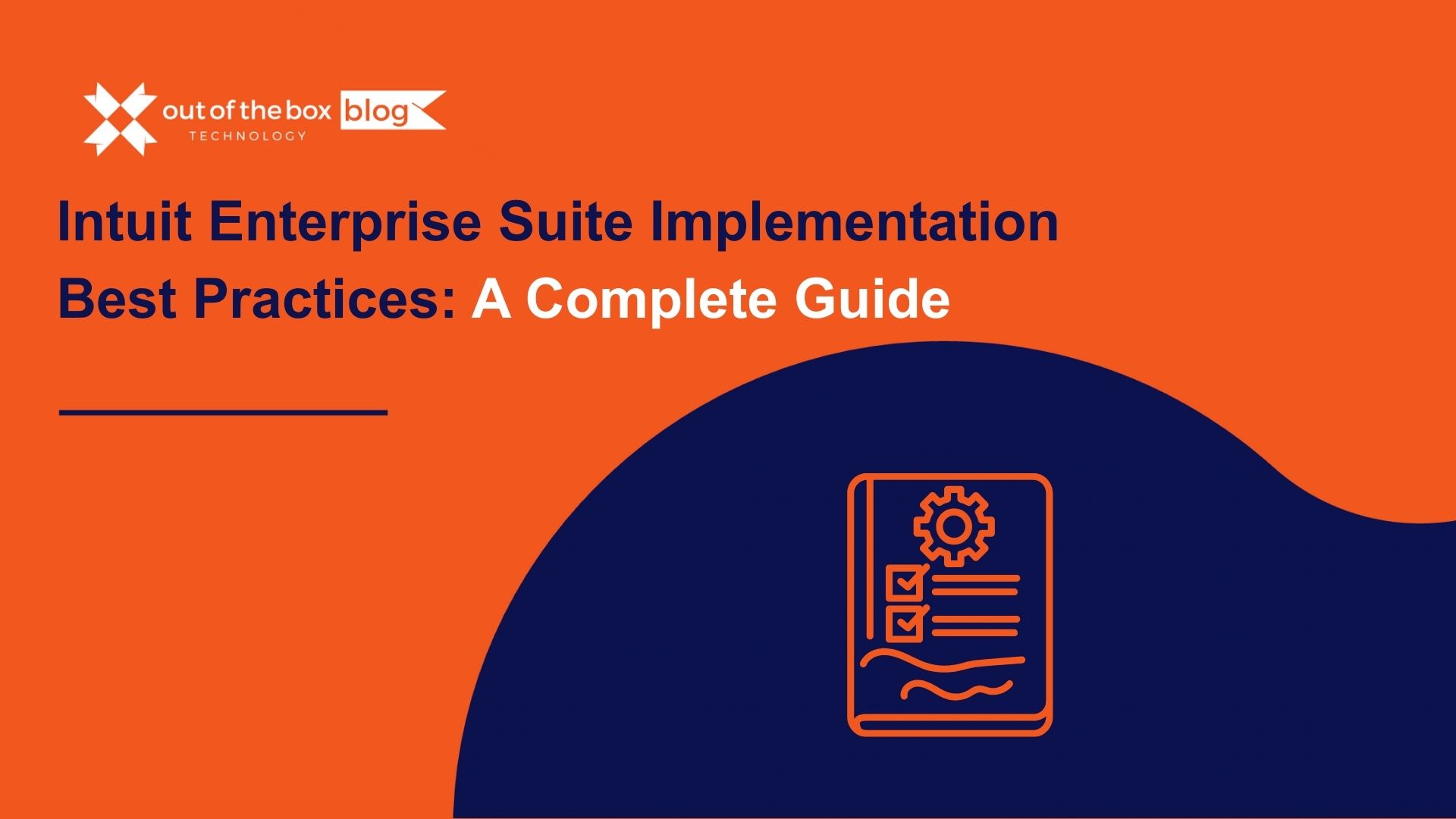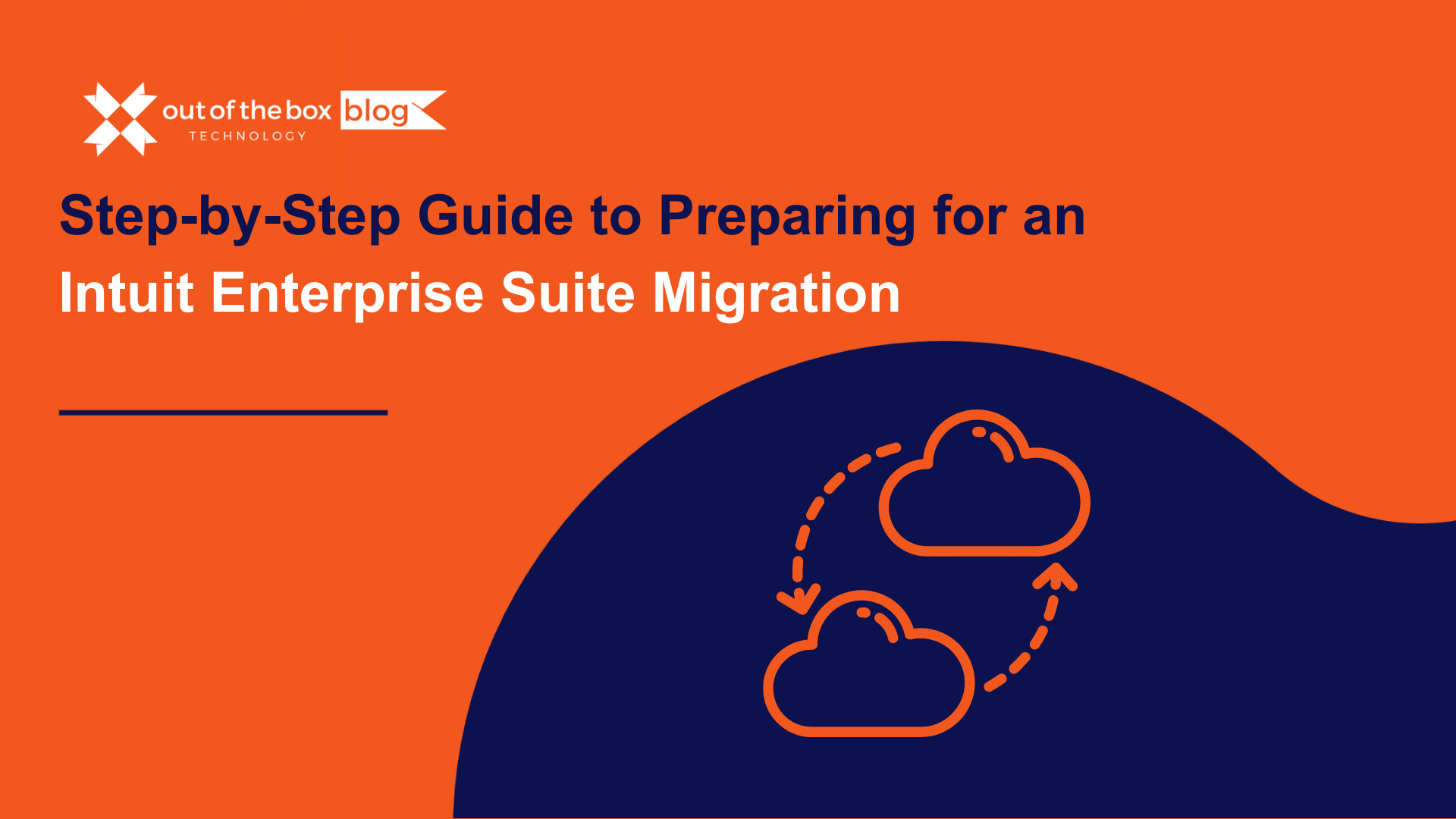Bookkeeping is the backbone of any successful small business. It ensures financial health, helps in strategic decision-making, and keeps you compliant with tax laws. Yet, many small business owners find monthly bookkeeping daunting. In this comprehensive guide, we’ll walk you through essential tips to master your monthly bookkeeping tasks.
Understanding the Importance of Monthly Bookkeeping
Regular bookkeeping keeps your finances organized, enabling you to:
- Track Cash Flow: Ensure you have enough cash to cover expenses.
- Prepare for Taxes: Avoid last-minute tax season stress.
- Make Informed Decisions: Use financial data to guide your business strategies.
- Build Financial Statements: Generate profit and loss statements, balance sheets, and cash flow statements.
Essential Monthly Bookkeeping Tips
1. Reconcile Your Accounts
Reconciliation involves matching your accounting records with your bank statements to ensure they align. This helps catch any discrepancies, such as errors or fraudulent transactions.
Example: If your bank statement shows a withdrawal of $200 for office supplies, your accounting records should reflect the same transaction.
2. Review Your Financial Statements
Regularly reviewing your financial statements helps you understand your business’s financial health.
Key Financial Statements:
- Profit and Loss Statement: Shows revenue and expenses over a period.
- Balance Sheet: Provides a snapshot of assets, liabilities, and equity.
- Cash Flow Statement: Tracks the flow of cash in and out of your business.
Example: Profit and Loss Statement
| Month | Revenue | Expenses | Profit |
|---|---|---|---|
| Jan | $10,000 | $7,000 | $3,000 |
| Feb | $12,000 | $8,000 | $4,000 |
3. Track Your Accounts Receivable and Payable
Managing accounts receivable ensures you get paid on time, while managing accounts payable ensures you pay your bills on time.
Accounts Receivable Example:
- Invoice #123 for $500 due on 15th August.
- Follow up on overdue invoices promptly.
Accounts Payable Example:
- Utility bill of $200 due on 20th August.
- Schedule payments to avoid late fees.
4. Categorize Your Expenses
Proper expense categorization helps in budgeting and tax preparation. Use accounting software to automate this process.
Expense Categories:
- Office Supplies
- Marketing
- Salaries
- Utilities
5. Maintain a Consistent Schedule
Set aside specific days each month for bookkeeping tasks. Consistency helps in maintaining accuracy and reduces last-minute stress.
Example: Monthly Bookkeeping Schedule
| Task | Frequency | Day of the Month |
|---|---|---|
| Reconcile Bank Accounts | Monthly | 5th |
| Review Financial Statements | Monthly | 10th |
| Track Receivables and Payables | Weekly | Every Friday |
6. Use Technology to Your Advantage
Leverage accounting software like QuickBooks, Xero, or FreshBooks. These tools automate many tasks, reduce errors, and save time.
Example:
- QuickBooks: Offers invoicing, expense tracking, and financial reporting.
- Xero: Provides bank reconciliation, project tracking, and inventory management.
7. Keep Backup Records
Always maintain backup copies of your financial records. Use cloud storage solutions like Google Drive or Dropbox.
Example:
- Scan and upload physical receipts.
- Regularly back up your accounting software data.
8. Seek Professional Help
Consider hiring a professional bookkeeper or accountant to review your books periodically. Their expertise can save you time and ensure accuracy.
Example:
- Monthly review sessions with an accountant.
- Outsourcing complex bookkeeping tasks.
Supporting Data
According to a study by Wasp Barcode, 21% of small business owners believe they are not very knowledgeable about bookkeeping. Additionally, a QuickBooks survey found that 69% of small business owners are self-taught in accounting. These statistics highlight the need for better bookkeeping practices and professional guidance.
Conclusion
Mastering monthly bookkeeping is essential for the success and growth of your small business. By following these tips, you can keep your finances organized, make informed decisions, and stay compliant with tax laws. Remember, consistency and accuracy are key. Leverage technology and professional help when needed to streamline your bookkeeping process.
Ready to get discover how powerful QuickBooks can be for your business? Discover the benefits of outsourcing your bookkeeping with Out of the Box.
Meet with a QuickBooks service expert today!
Schedule a complimentary QuickBooks service consultation to find out the recurring accounting services to help your business run at its best.




